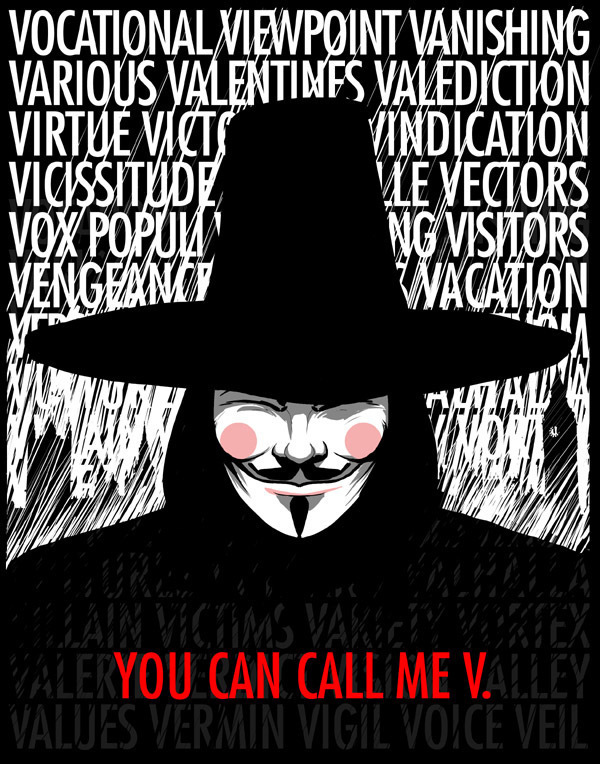In my previous post, I talked about the idea of "gatewatching" from chapter four of Axel Bruns' book which focuses on how online public communities contribute to citizen journalism. In this particular chapter, Bruns seems to look at citizen journalism in a positive way and later on discusses how the public's active involvement in writing has completely transformed over the years. Originally writing primarily occurred in school and now there is a complete shift: the majority of literacy emerges from writing that takes place outside of school. In contrast to Jay David Bolter's book, Writing Space, Bruns' perspective is much more realistic becuase of the time period in which the book was written. Bolter's book was published nine years ago, prior to the extreme public shift into the online world of avatars and status updates. When looking at chapter eight Critical Theory, Bolter seems to have a negative outlook on the developing world of technology and the public's involvement/interest in that world. Although the chapter is divided into a few different parts, I focused primarily on the (Image borrowed from:http://openvein.com/art/vforvendetta/) section titled THE END OF AUTHORITY. Even in the title alone, I can sense Bolter's fear of this loss of authority. In the beginning of the section he talks about how popular culture now welcomes casual and unauthoritative sites rather than sites with real significance. Later on in the section on p. 169 he writes, "The relationship between the author, the text and the world represented is made more complicated by the addition of the reader as an active participant." In comparison to Bruns, who encourages the involovement of public communities and online users to create the product of citizen journalism, Bolter seems to fear the participation of everyday average Joes as active users and authors in the online world. In the end, it seems to me like the chapter in Bruns will be more helpful in my research rather than Bolter's ideas which are dated and reject the idea of user participation as a significant part of the online world.
Wednesday, March 17, 2010
Subscribe to:
Post Comments (Atom)



No comments:
Post a Comment